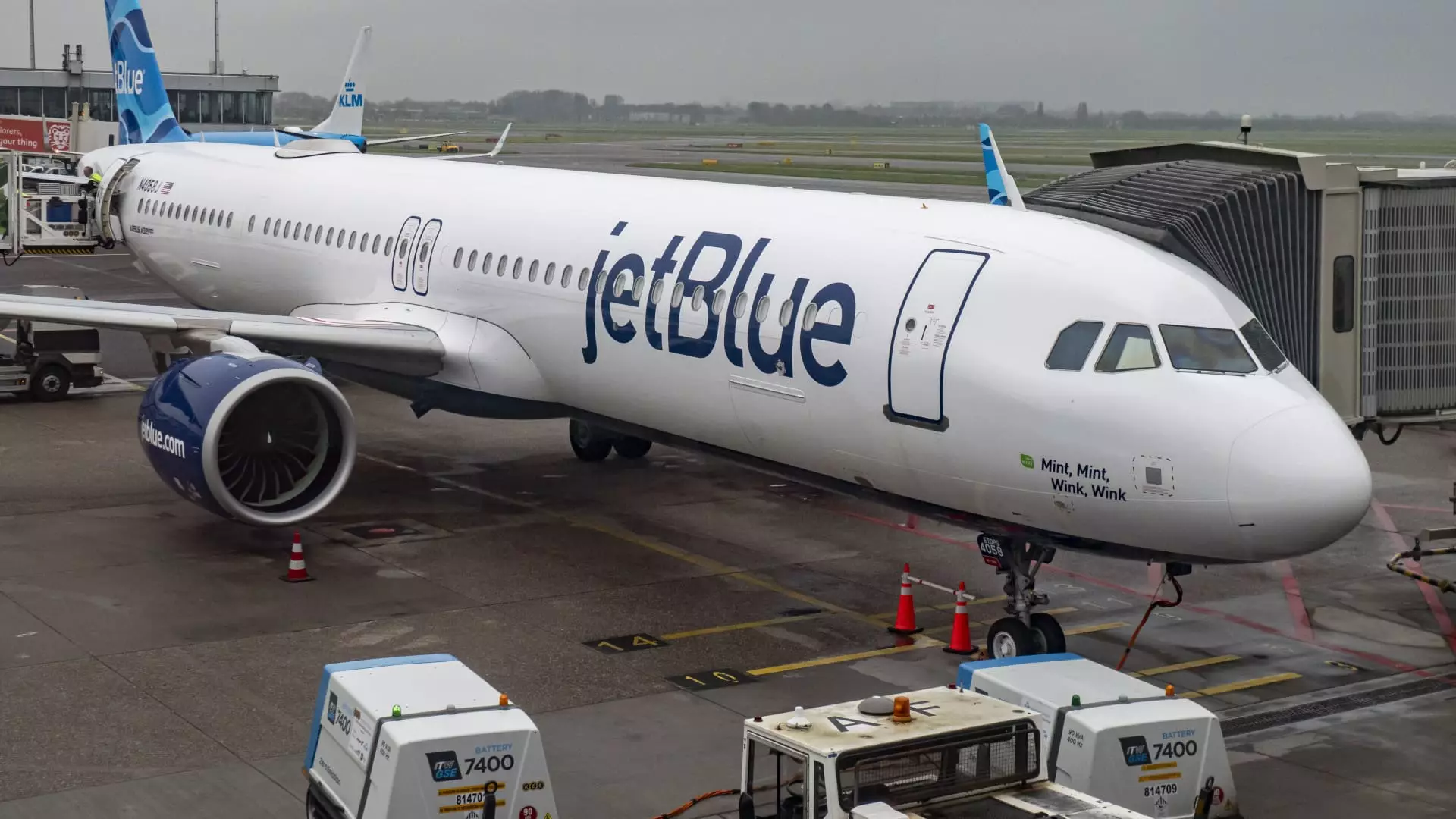In a bold move to enhance its financial standing, JetBlue Airways has announced significant changes to its flight operations. The airline has opted to terminate several unprofitable routes and is focusing on optimizing its aircraft deployment, particularly for its Mint business class. This strategic pivot, communicated through an internal memo from Vice President Dave Jehn, highlights JetBlue’s commitment to achieving consistent profitability in an increasingly competitive airline market.
The airline plans to cease operations between various key city pairs, including routes from Fort Lauderdale to Jacksonville and from New York’s JFK to multiple destinations, including Austin and Milwaukee. Additionally, flights connecting JFK to Miami will be discontinued, a decision that Jehn attributes to the overwhelming competition from legacy airlines such as American Airlines and Delta, which dominate the Miami market. While JetBlue recognizes Florida as a strong market, it has reported difficulties in achieving profitability there post-COVID.
Impact on Workforce and Future Planning
The ramifications of these route changes extend beyond mere financial metrics; they also impact JetBlue’s workforce dynamics. The decision to withdraw from the Miami market will leave some crew members with fewer flying opportunities, prompting the airline to work closely with its staff to explore alternative assignments in other hubs. This aspect of the operational shift emphasizes JetBlue’s focus on maintaining employee morale while simultaneously navigating the complexities of a competitive market landscape.
Moreover, JetBlue is set to announce new service routes to Europe next week, indicating a continued interest in international travel despite the cutbacks on specific domestic flights. However, even as JetBlue seeks to expand its global footprint, it faces challenges such as a Pratt & Whitney engine grounding and evolving consumer preferences in the post-pandemic era.
Market Reactions and Financial Outlook
Interestingly, JetBlue’s announcement comes off the back of positive financial indicators; the airline reported higher-than-expected revenues and bookings for the months of November and December, leading to a notable surge in its share prices. This reflects investor confidence in the airline’s ability to navigate turbulent market conditions, driven by a focus on cost reduction and strategic route management.
As JetBlue implements these changes, it emphasizes that passengers affected by the route cancellations will have the option to rebook on alternate flights or opt for refunds, thereby ensuring customer service quality remains a priority. The airline’s proactive approach illustrates its commitment to redirecting resources—most notably its much-lauded Mint service—toward high-demand travel areas, which are crucial for sustaining profitability.
JetBlue Airways is at a pivotal junction where it must recalibrate its operations to counteract the aggressive strategies of legacy carriers while continuing to cater to leisure and business travelers in high-demand markets. The airline’s commitment to both its workforce and customer service, in tandem with strategic route management, will be vital as it pursues a path toward financial recovery.


Leave a Reply